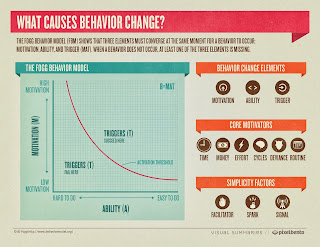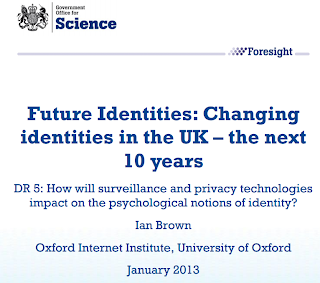Why do consumers only care about identifiers?

Tony Fish @My Digital Footprint I posted this yesterday , and been thinking in this world of digital identity, why do consumers only really care about identifies rather than other aspects of identity. By identifies I mean …. Unique identifies [health number, social security number, NI, bank account number, driver licence number, passport number, phone number, IMEI number, SIM number etc etc (Kaliya describes this as an end point)] – people are worried about this mostly for unique identity fraud purposes but mix what is possible with what is sensational. If unique…. far easier to detect fraud. Context identifies [name, address, date of birth, home town, post code, aliments, age, likes, friends, employment, number plate] these are semi unique, confusion is possible with a small number of data points. Consumers worry about this data set but you cannot be uniquely identified by only your name – there are a few exceptions I know, but the worry is because it is what the c












